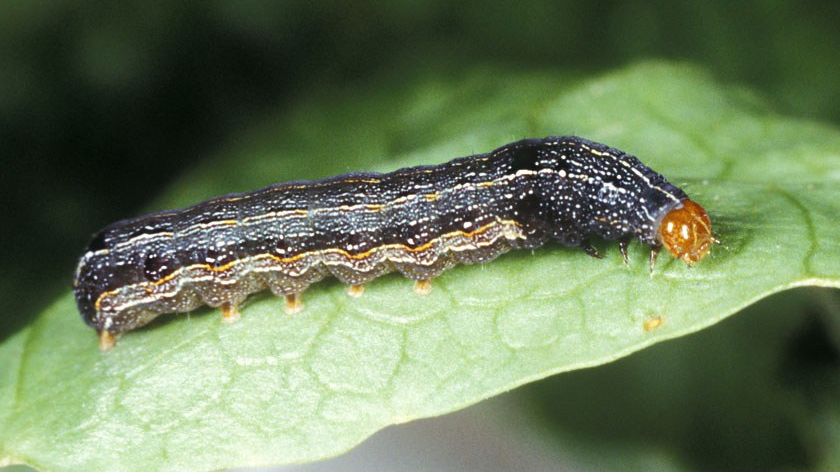CABI collaborates on innovative approach to tackling pesticide resistance evolution
CABI is joining an international team of scientists, led by the University of Stirling, to take a ‘revolutionary approach’ in attempting to tackle resistance to pesticides in insects with a specific focus on crops pests in Brazil. The £620,000 study will see UK-based Dr Belinda Luke working on the mass production of fungal biopesticides and formulation development…
Could Spider Venom Be Used As A Novel Insecticide For Major Crop Pests?
A new protein discovered in the venom of Australian tarantulas can also kill insect pests that consume the venom orally. The protein known as orally active insecticidal peptide-1 (OAIP-1) was found to be highly toxic to insects that consumed it, with a similar efficacy to the neonicotinoid insecticide imidacloprid. In particular, the protein was found…
New Mapping Tool Tracks Insecticide Resistance In Malaria Carrying Mosquitoes
Progress in malaria control in the past decade can be attributed largely to a massive increase in the number of insecticide based management programmes targeting malaria carrying mosquitoes, using methods that include indoor residual spraying and insecticide impregnated bed nets. The effectiveness of these management techniques is now being compromised by insecticide resistant mosquito populations. In…
The Evolution of Insect Resistance to Bt Crops
A group of scientists at the University of Arizona have this week published a paper in Nature Biotechnology on the evolution of resistance in insect pests populations to insecticidal proteins from Bacillus thuringiensis (Bt) that are produced by transgenic crops. Resistance is defined as the phenotype of an individual that gives the individual the ability to…
Glucose Leaves A Bitter Taste As Cockroaches Learn to Avoid Insecticide Baits
Populations of the German cockroach (Blattella germanica) have rapidly evolved to be repelled by the glucose in insecticide baits that are used to kill them. Scientists found that the cockroaches had a ‘re-organised’ sense of taste which makes them perceive the glucose in the insecticide bait as bitter and repellent rather than sweet. Researchers first…


